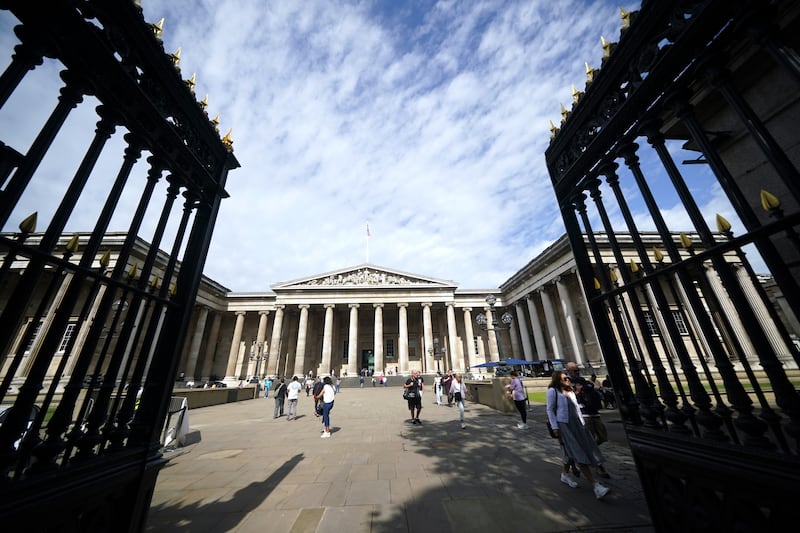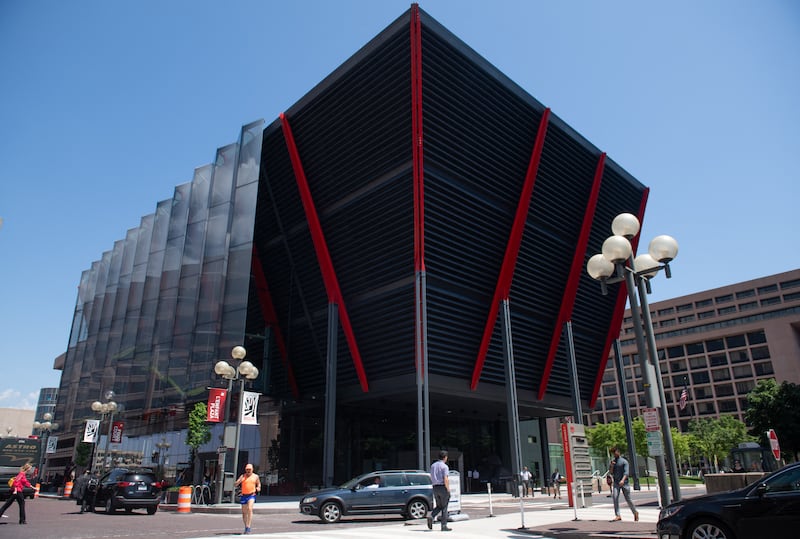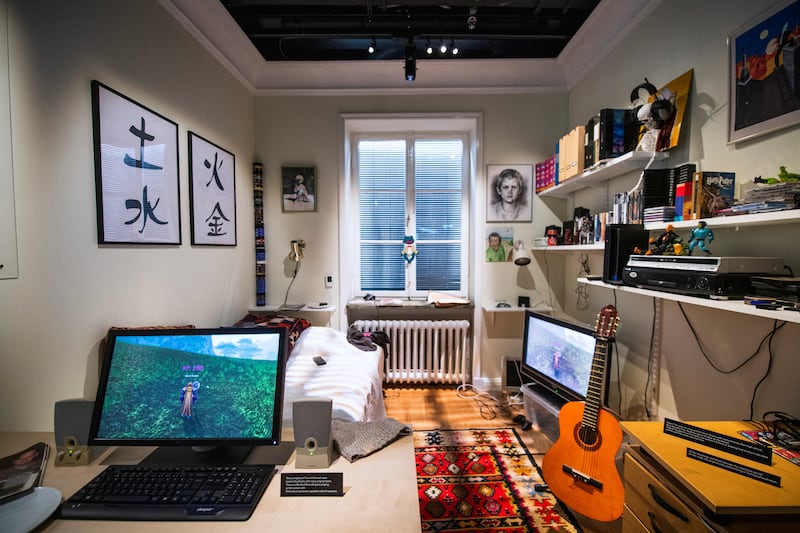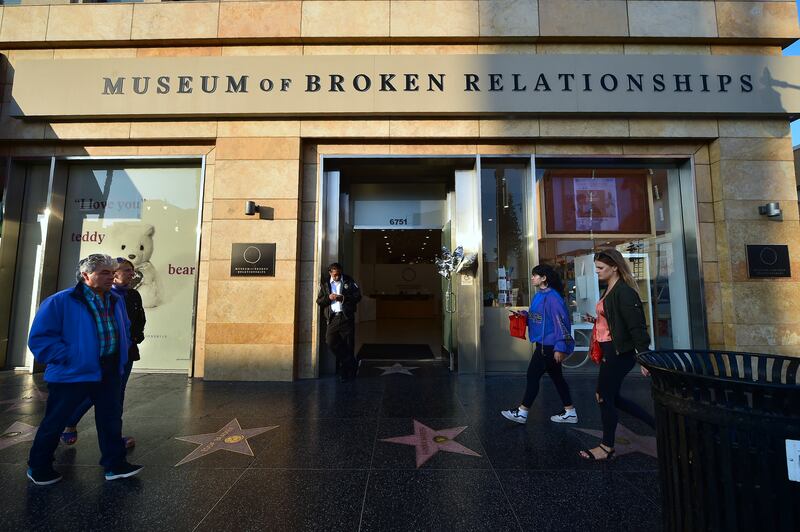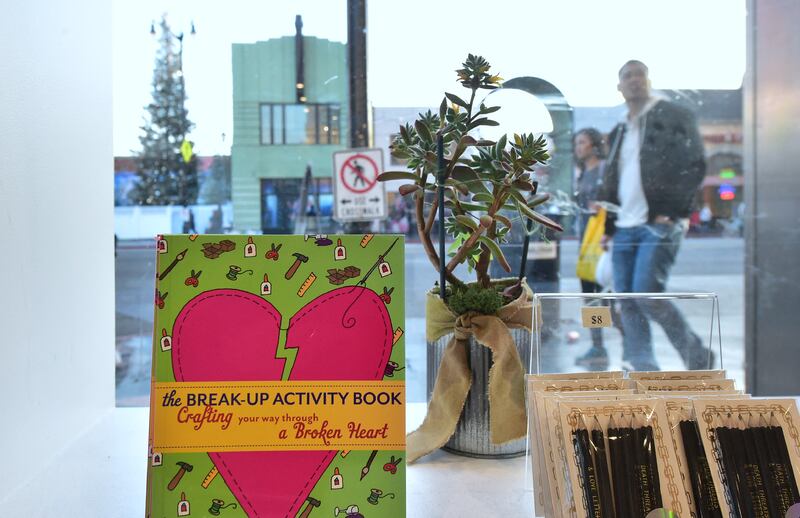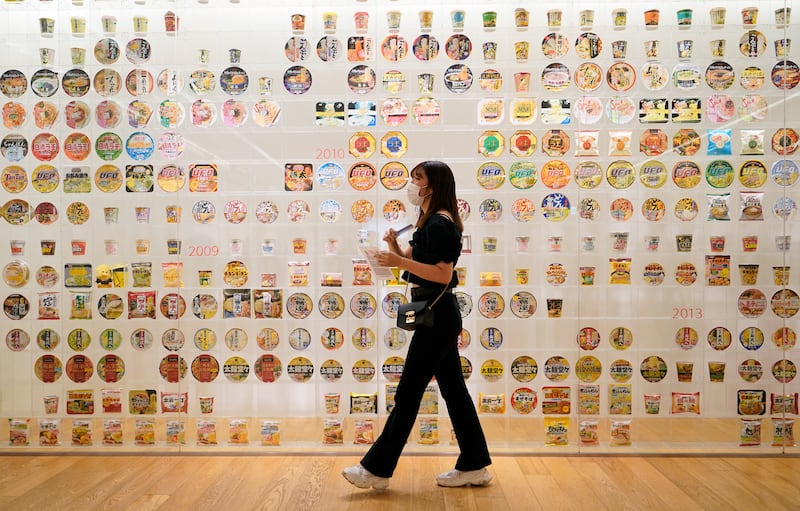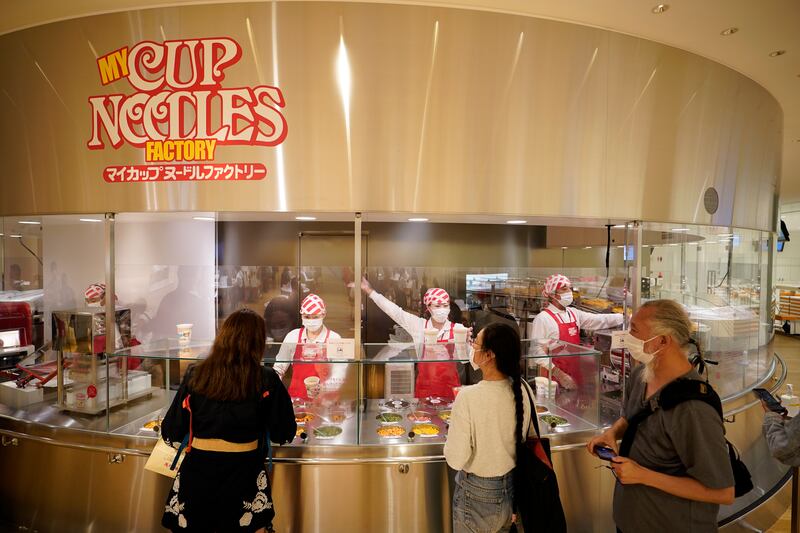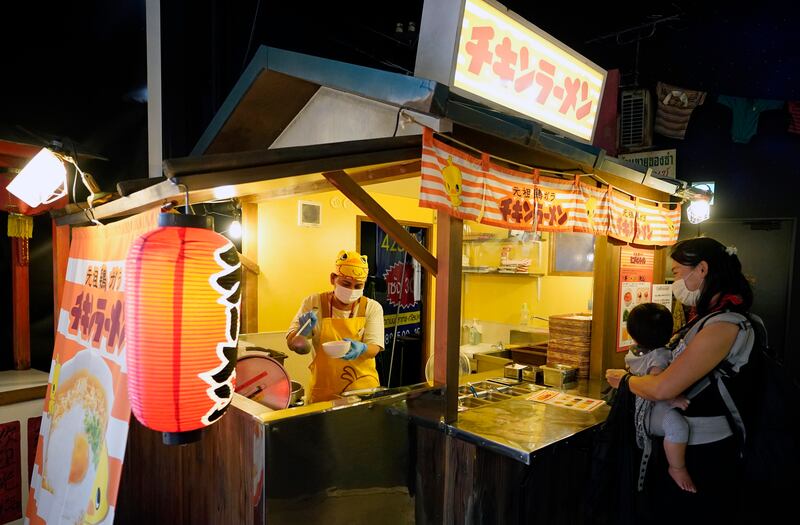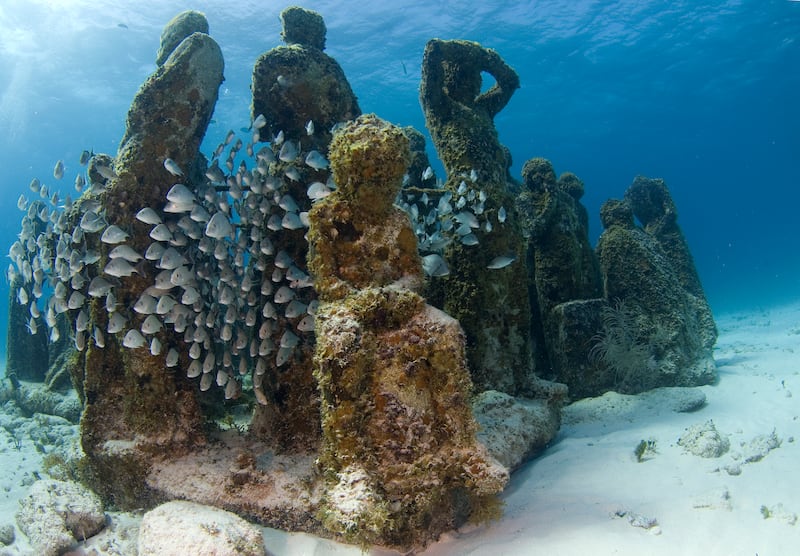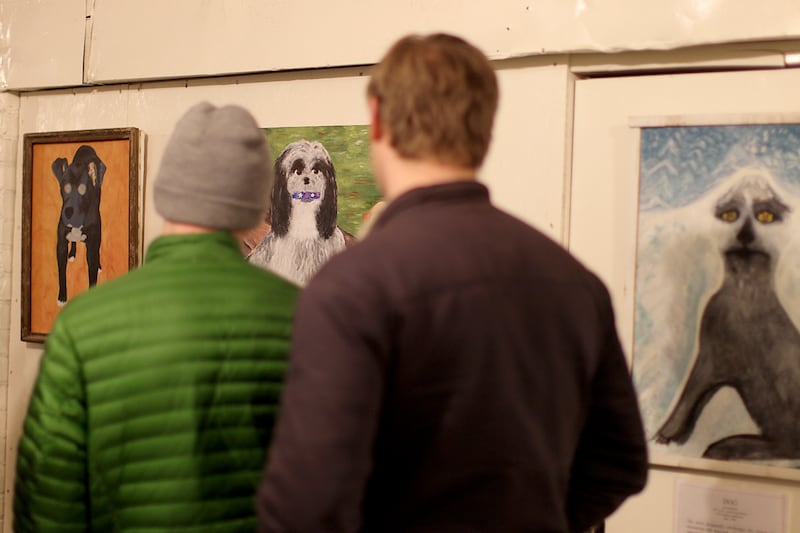The British Museum became more receptive to a project investigating “illicit items” in its collection after thefts were revealed at the London-based institution, a forensic archaeologist has claimed.
About 2,000 artefacts – including gold jewellery, semi-precious stones and glass – were found to have been taken from the institution over a “significant” period of time, leading to the resignation of museum director Hartwig Fischer.
After approaching Mr Fischer on December 20, 2022, for information on the British Museum’s collection of post-1970 looted artefacts, Christos Tsirogiannis, who leads a Unesco group dedicated to illicit antiquities trafficking, claims he “never got a reply”.
Mr Tsirogiannis told reporters that he also emailed the museum’s keepers, who manage the different collections, and “none of them ever replied to my emails”.
Eventually someone working in research got in touch.
But Mr Tsirogiannis said that “communications were cut off by the other side” at the end of January.
The British Museum announced on August 17 that hundreds of items from its collection had been found to be missing, stolen or damaged.
It also said that legal action would be taken by the museum against an unidentified member of staff.
Mr Tsirogiannis said he saw this as an opportunity to send a new email to the museum.
He said that after Mr Fischer resigned and his deputy, Jonathan Williams, stepped back from his position at the same time on August 25, the British Museum responded.
“[It] may have been a coincidence, may not have been a coincidence. They replied to [me] immediately and said, ‘Yes, of course, we would like to help and let’s discuss and so on’, which we did last week,” he said.
“And there was this agreement to do so based, of course, on the condition that they will supply me, one way or another … with the images required and requested by us [his team].”
Unusual museums around the world – in pictures
Mr Tsirogiannis said that once he receives the images the British Museum has of its artefacts, he can use a computer program that is currently being developed to scan millions of images.
“Once the algorithmic program that we’re developing is fully [operational], it’s a matter of just days … [for] results from the complete collection of the British Museum so, in reality, it actually depends on the museum itself,” he said.
He also pointed out that he would not have access to every item as it had previously been revealed that not all artefacts had been recorded by the museum.
Former chancellor George Osborne, who is now chairman of the museum’s trustees, told BBC Radio 4’s Today programme last month that the museum did not have a complete catalogue of everything in its collection, which has been amassed over several hundred years.
“Someone with knowledge of what’s not registered has a big advantage in removing some of those items,” he said.
Mr Tsirogiannis said he was “surprised” by cataloguing difficulties at the institution and added that that it was “completely unexpected” in the digital age.
“Any museum has this primary responsibility to record an object immediately when it enters the museum’s collection … when you’re talking about museums like the British Museum, with fame, with fans, with tradition, with history and with millions of objects,” he said.
“They shouldn’t collect them if they cannot record them.”
Meanwhile, Mr Tsirogiannis said the Louvre had “avoided” taking part in his research, which was focused on museums across Europe, despite “illicit material” being found at the Paris-based museum.
“No delay. We have told Dr Tsirogianni that the images are available on our collections online pages for him to use in his research, in accordance with the relevant licence," a representative for the British Museum said of the images.
“For any other access route he would need to provide us with a proposal, including technical details of his requirements – we have not received this.”
“We receive a very high number of research requests every year," they added.
“We are facilitating Dr Tsirogianni’s request to undertake this work in the same way we do with all other requests – our team is in contact with him and met him in person this month to discuss his work.”
The interim director at the British Museum, Sir Mark Jones, has pledged to “restore the reputation” of the institution.
A Metropolitan Police investigation into the thefts is under way.
